Forget about AI unless you’ve got the right hardware
Research from Microsoft shows that opting for cheaper hardware results in higher long-term costs


Sign up today and you will receive a free copy of our Future Focus 2025 report - the leading guidance on AI, cybersecurity and other IT challenges as per 700+ senior executives
You are now subscribed
Your newsletter sign-up was successful
Nearly half of UK organizations are failing to invest in the right hardware to make the most of AI, jeopardizing momentum, productivity, and competitive edge.
According to Microsoft's 2025 Work Trend Index, 82% of UK business leaders say this will be a pivotal year for AI transformation, and 81% expect to have AI agents embedded into their operations within the next 12 to 18 months.
However, only 46% of enterprise IT decision makers are currently factoring AI readiness into their hardware strategy. While 54% told Microsoft in a recent survey that employee productivity and performance was a priority in hardware purchases, 53% of workers said their current device isn't suitable for AI use.
Most IT decision makers are aware of the problem, with almost a quarter (24%) saying that opting for cheaper hardware has led to higher long-term costs from breakdowns and inefficiencies.
As a result, 58% are calling for their business to invest in devices that make it easier for employees to access AI tools on a day-to-day basis.
“While many organizations see the opportunity, too few are moving fast enough to equip their people with devices built for the era of on-device AI," commented Alan Slothower, head of surface commercial at Microsoft UK.
"If they haven’t already, enterprise hardware conversations must shift from ‘can we afford to upgrade?’ to ‘can we afford not to?’”
Sign up today and you will receive a free copy of our Future Focus 2025 report - the leading guidance on AI, cybersecurity and other IT challenges as per 700+ senior executives
Four-in-ten decision-makers reported that investing in premium devices directly improved business outcomes.
AI requires a hardware rethink
Ben Coley, senior surface global black belt at Microsoft UK, said IT leaders should “ground conversations about hardware procurement in tangible outcomes that everyone in the business can understand”.
Simply put, IT leaders need to emphasize the fact that AI-enabled devices will lower total cost of ownership and enable teams to use the technology more efficiently.
The right devices, Microsoft said, are AI-optimized, featuring neural processing units (NPUs), built-in security from silicon to cloud, and a clear roadmap for updates and support.
It's also important to consider refresh cycles, adapting device lifecycles to match the current wave of progress in AI progress. This includes taking a more flexible procurement approach through staggered upgrades, leasing, or device-as-a-service models.
"Given average refresh cycles, many of the devices bought this year may still be on desks in 2029," said Slothower. "It’s important IT leaders act now to ensure their organisations are set up for success.”
Skills are equally important, the company found. Only a fifth of the enterprise employees surveyed believe they have the skills to fully exploit their hardware’s AI features – a problem that may spiral as technology advances, Microsoft said.
As such, organizations should offer role-specific AI training and accessibility support, backing this up with a culture that encourages employees to innovate and learn.
Tracking usage can help identify early wins and guide future roll-outs, while ongoing measurement ensures that progress is visible, recognized and repeatable.
MORE FROM ITPRO
Emma Woollacott is a freelance journalist writing for publications including the BBC, Private Eye, Forbes, Raconteur and specialist technology titles.
-
 AWS CEO Matt Garman isn’t convinced AI spells the end of the software industry
AWS CEO Matt Garman isn’t convinced AI spells the end of the software industryNews Software stocks have taken a beating in recent weeks, but AWS CEO Matt Garman has joined Nvidia's Jensen Huang and Databricks CEO Ali Ghodsi in pouring cold water on the AI-fueled hysteria.
-
 Deepfake business risks are growing
Deepfake business risks are growingIn-depth As the risk of being targeted by deepfakes increases, what should businesses be looking out for?
-
 Wasabi has big plans for its EMEA partner program in 2026
Wasabi has big plans for its EMEA partner program in 2026News The cloud storage vendor’s new-look channel initiative includes a new Systems Integrator program
-
 Why hardware matters when it comes to moving from AI fiction to AI fact
Why hardware matters when it comes to moving from AI fiction to AI factSupported GPUs, networking, and smart devices are as much the story of AI success as software
-
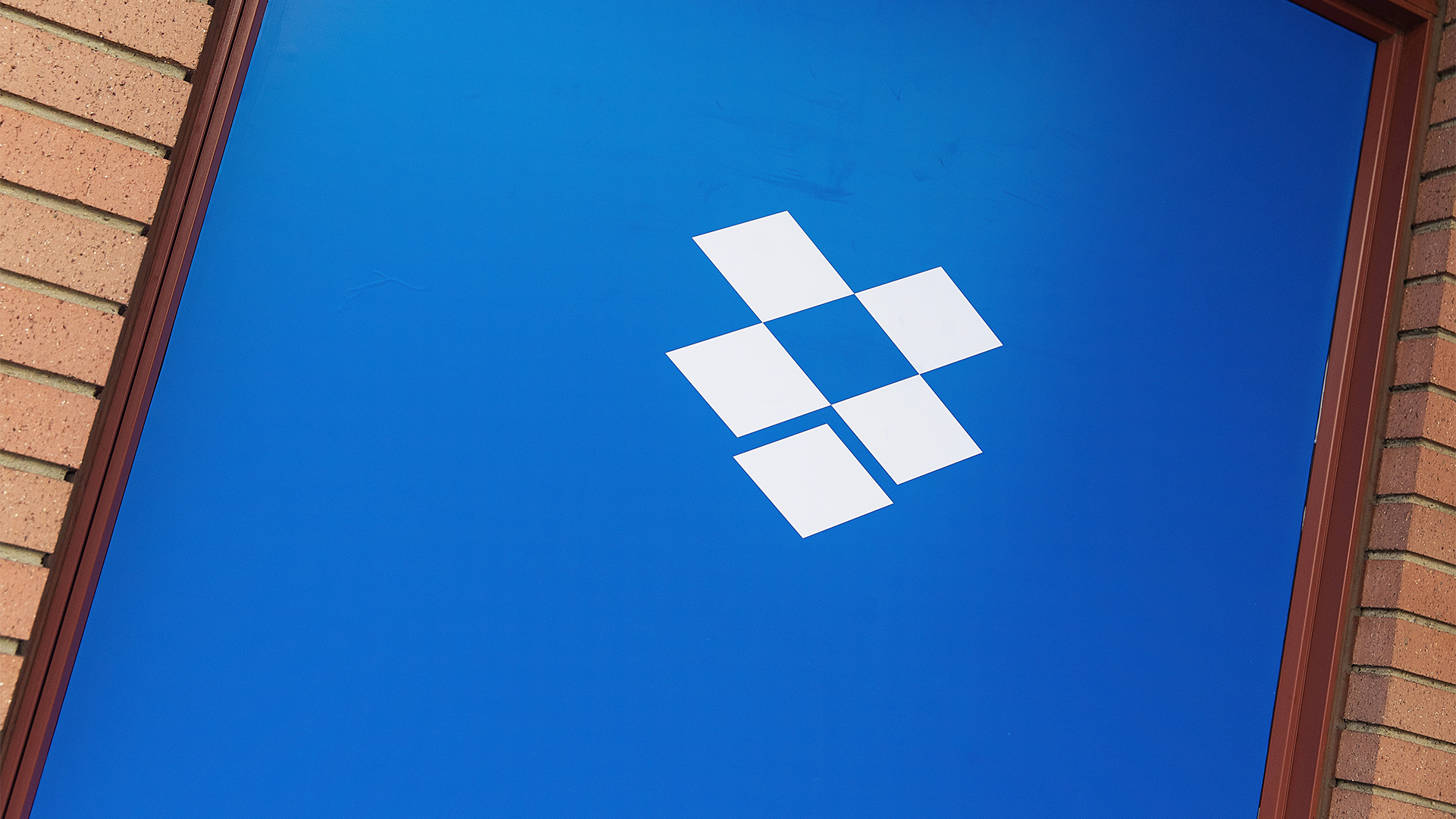 Dropbox is adding a range of handy new AI features – here’s what users can expect
Dropbox is adding a range of handy new AI features – here’s what users can expectNews Long-awaited features from Dash AI will be integrated within Dropbox
-
 Global PC shipments surge in Q3 2025, fueled by AI and Windows 10 refresh cycles
Global PC shipments surge in Q3 2025, fueled by AI and Windows 10 refresh cyclesNews The scramble ahead of the Windows 10 end of life date prompted a spike in sales
-
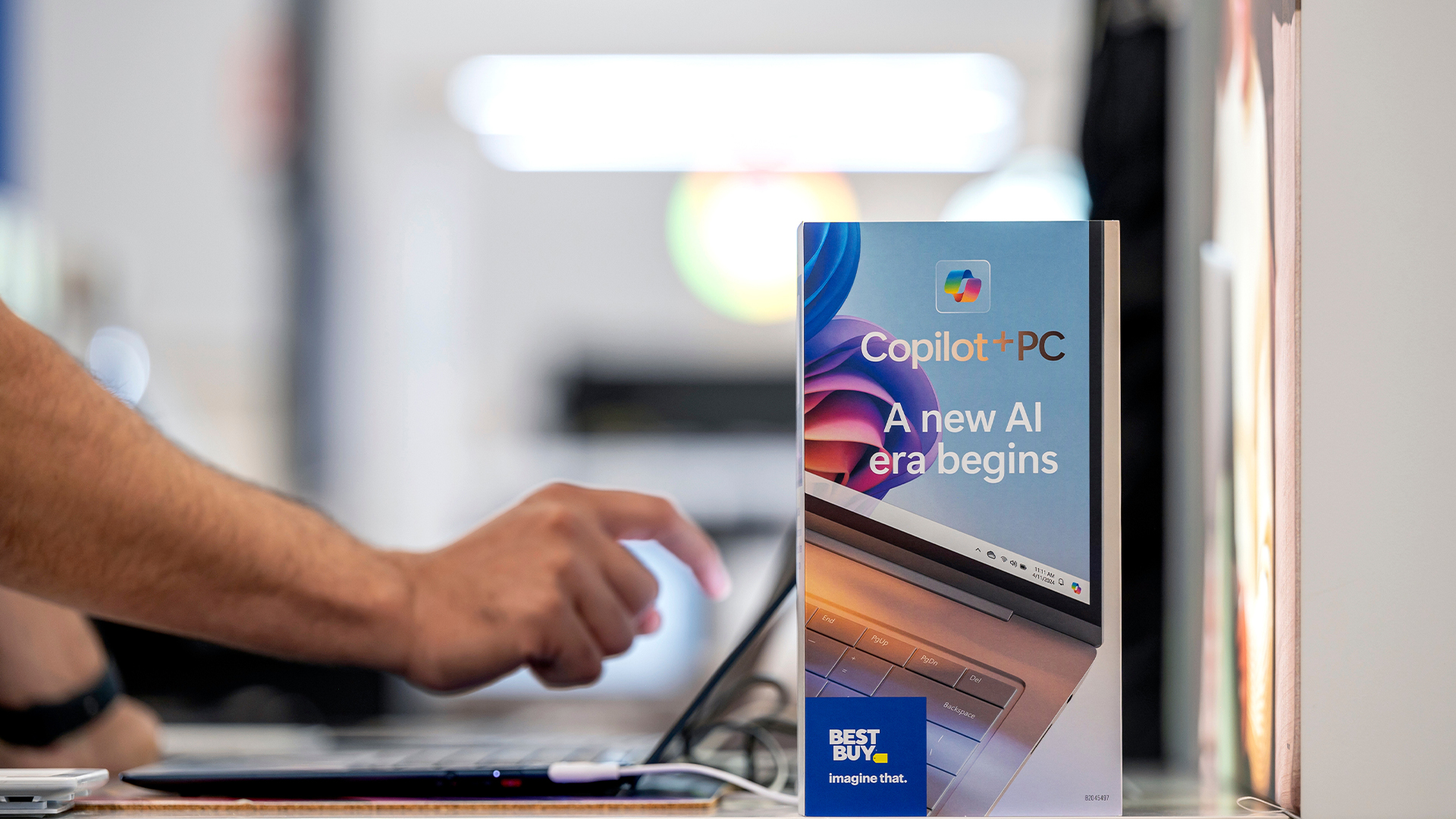 AI PCs will ‘become the norm’ by 2029 as enterprise and consumer demand surges
AI PCs will ‘become the norm’ by 2029 as enterprise and consumer demand surgesNews AI PCs are expected to make up a significant portion of the total PC market by the end of 2025 - and Gartner says they'll "become the norm" by 2029.
-
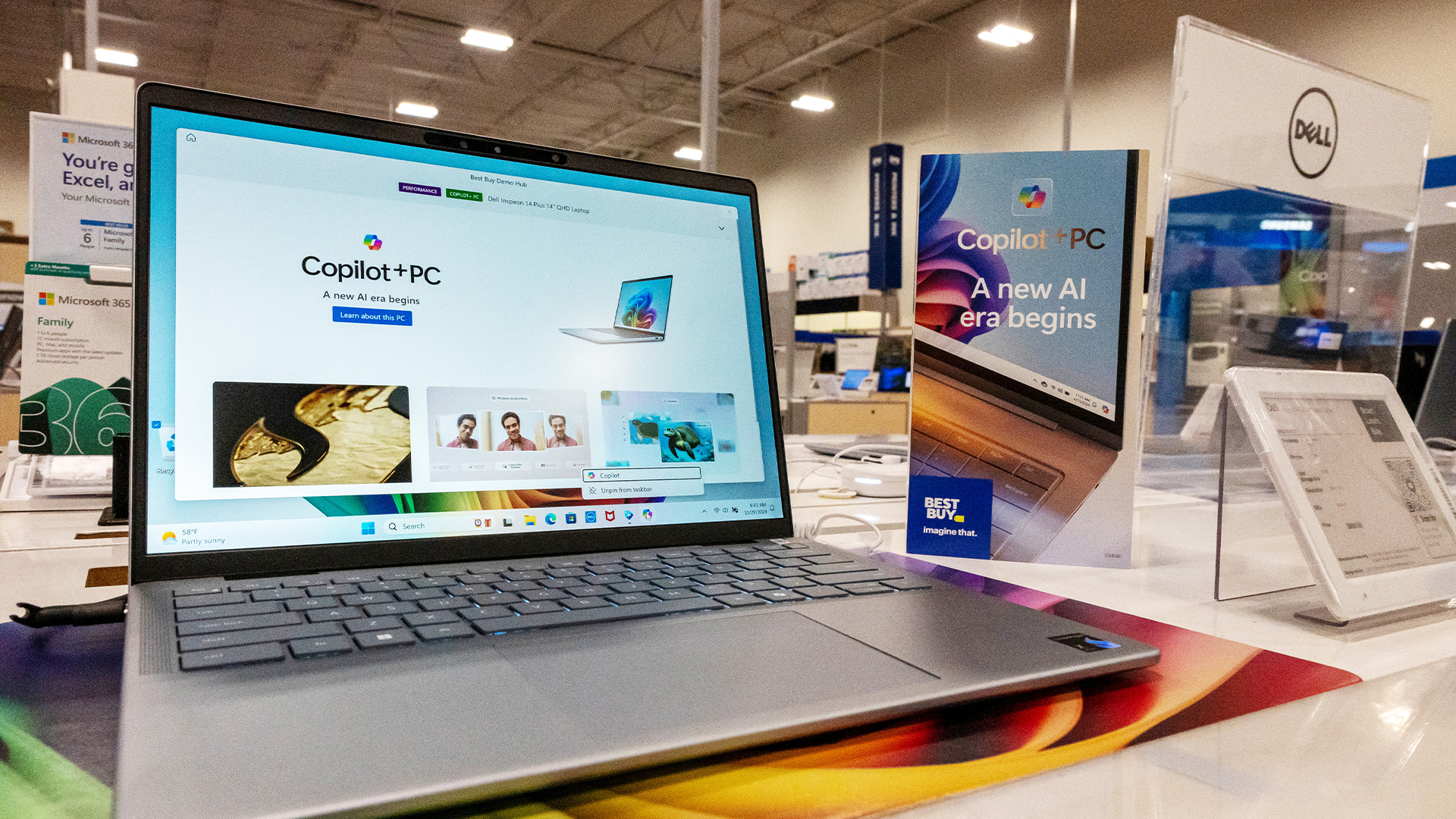 AI PCs are becoming a no-brainer for IT decision makers
AI PCs are becoming a no-brainer for IT decision makersNews IT decision makers are bullish about AI PCs, according to analysis from IDC, with more than eight-in-ten saying they will positively impact employees.
-
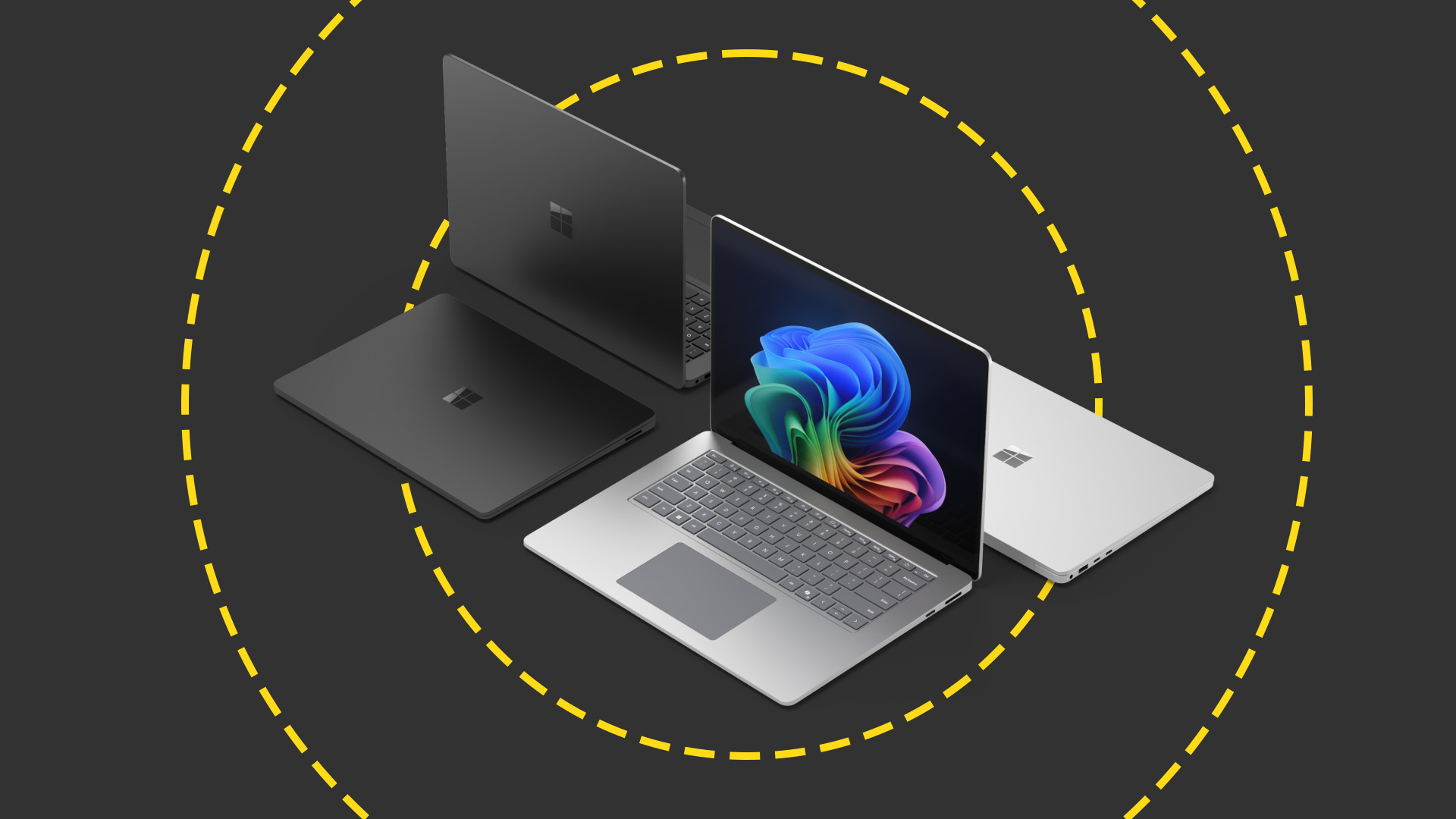 Microsoft targets enterprises with new Intel-powered Surface devices – but they come with a hefty price tag
Microsoft targets enterprises with new Intel-powered Surface devices – but they come with a hefty price tagNews Microsoft has unveiled the launch of the new Surface Pro 11 and Surface 7 laptop devices with Intel chips.
-
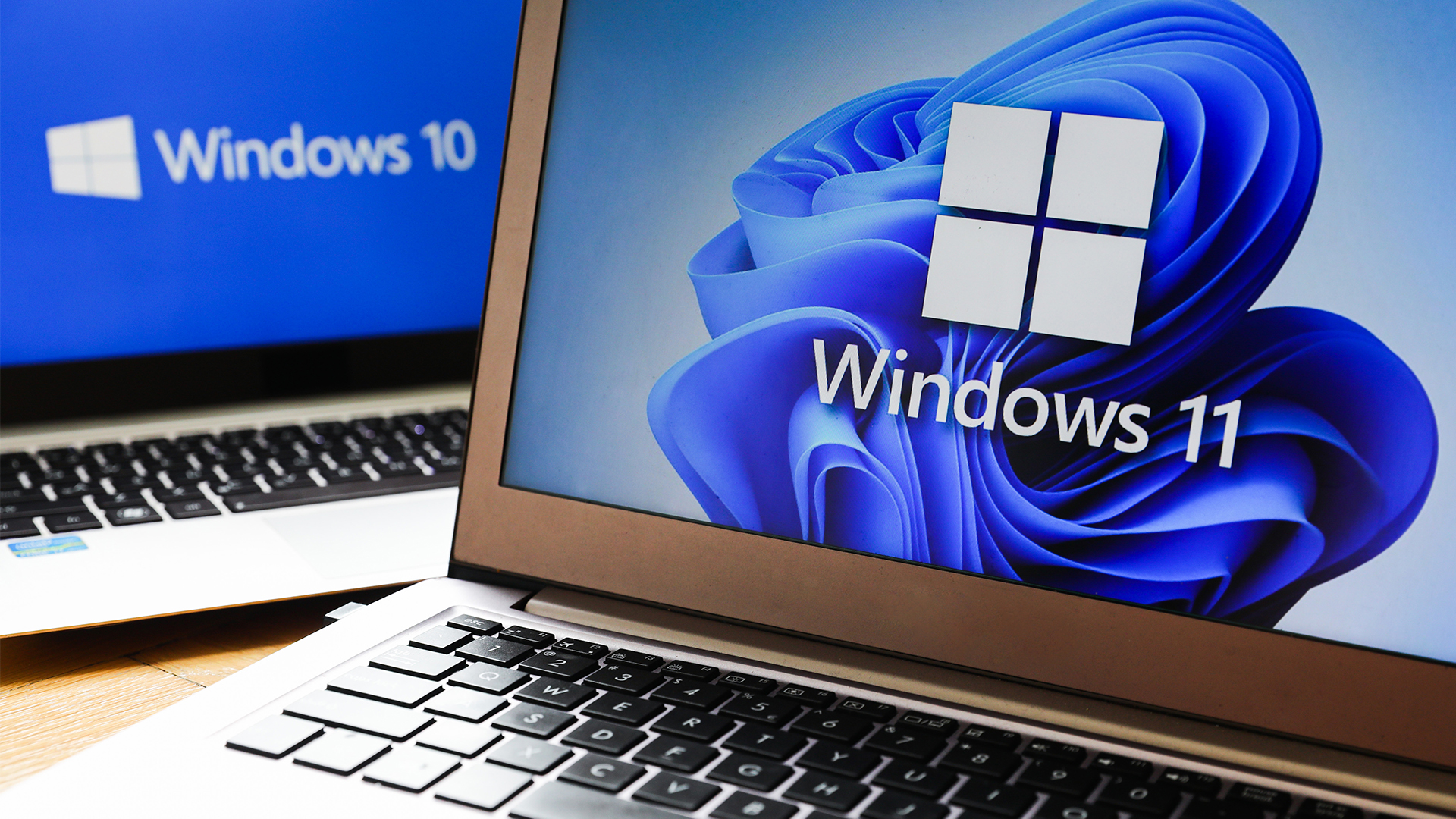 Microsoft refuses to back down on Windows 11 hardware requirements
Microsoft refuses to back down on Windows 11 hardware requirementsNews The tech giant says it'll keep hardware specifications for Windows 11
